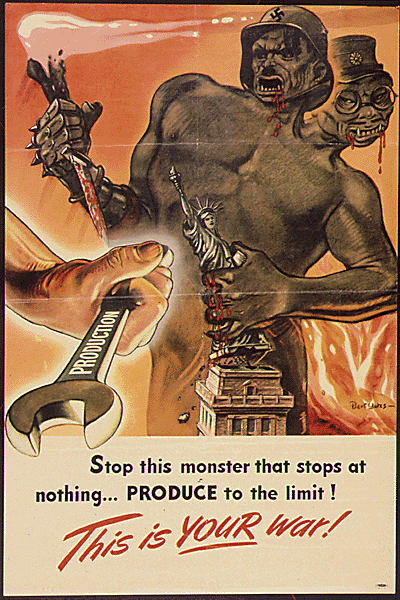



 per day!)
per day!)
Bonneville Dam was the number one target for a Japanese Mainland air strike because it supplied electricity to the Boeing War Machine
Important Quotes from this period:
The question that I will ask you to consider today is this: When the war is over, are we likely,
and do we want to keep this attitude to work and the results of work? Or are we
preparing and do we want to back to our old habits of thought?
Because I believe that on our answer to this question the whole economic future of society
will depend. Sooner or later the moment will come when we have to make a decision
about this. At the moment, we are not making it - it is being made for us (by the machine).
(Dorothy Sayers 1942 College Lecture) ( i.e. do we intentionally
turn the war production machine off and go back to our former means of production )
Only if we have large demands can we expect large production. Therefore, it is important
that in planning for the postwar period, we give adequate consideration to the need
for ever-increasing consumption on the part of our people as one of the prime requisites
for prosperity. (Robert Nathan 1944 - an economist).
Competition has been shown to be useful up to a certain point and no further, but cooperation,
which is the thing we must strive for today, begins where competition leaves off (FDR 1933
Inagaural Speech).
The 1946 Employment Act named "purchasing power" as one of the things government was meant to promote.
Thus prompted, Americans of the late 1940s got down to the business of buying things. In the first five years of peace, consumer spending increased by 60 percent. People bought cars and boats and clothing. They bought furniture and appliances. They bought Tupperware.
Most of all, they bought houses. Housing starts went from 142,000 in 1944 to 2 million in 1950. Let me say that again: 142,000 to 2 million in just 6 years!
The Ad Council cheered them on, casting consumption as what distinguished happy capitalists from those poor benighted souls living under the communist boot.
American in the 1950s: The Decade that Changed Everything:
The Atomic Age; Prosperity for All; Interstates; Suburbia; Television; Rock N Roll; The Age of Advertising;
The Happy Homemaker

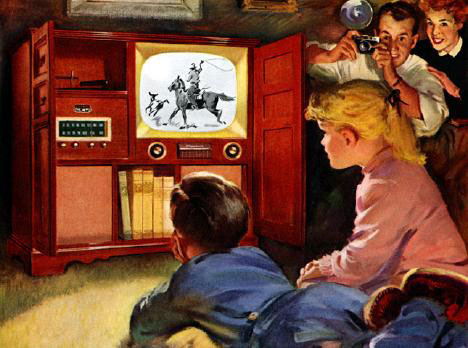



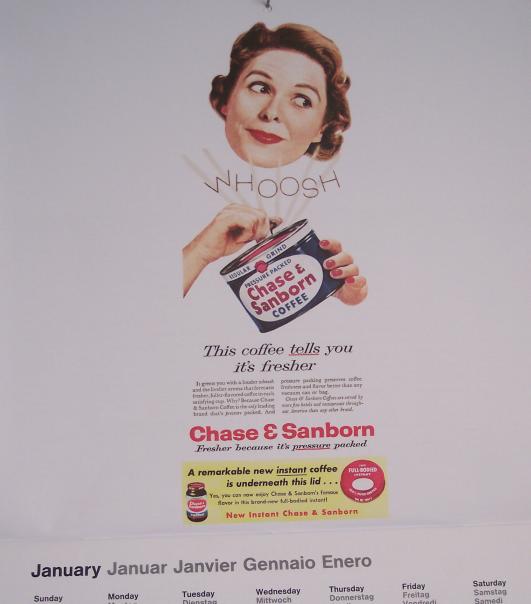



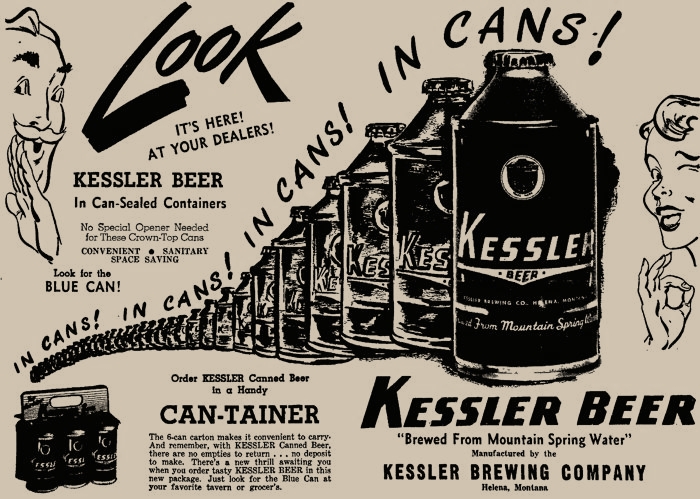

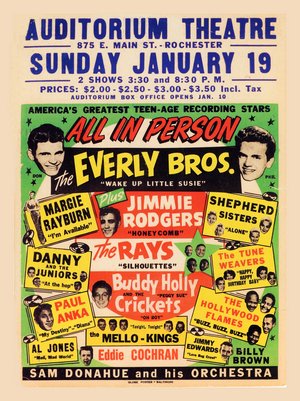



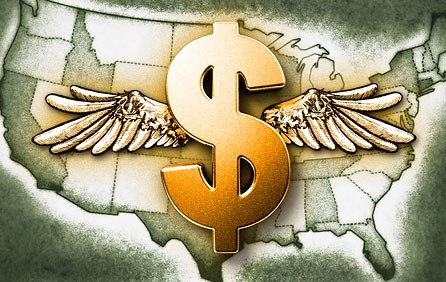 And so set the stage for every increasing production and
consumption. American prosperity required dominating the world in trade and products and for
a long time we did and in the short term, it certainly did pay off. Life the 1950s and 1960s was a
lot better than life in the 1920's and 1930's - personal prosperity and personal productivity were
very high and the free market society was borne without boundaries. But what will
life be like in 2030 compared to 2010?
And so set the stage for every increasing production and
consumption. American prosperity required dominating the world in trade and products and for
a long time we did and in the short term, it certainly did pay off. Life the 1950s and 1960s was a
lot better than life in the 1920's and 1930's - personal prosperity and personal productivity were
very high and the free market society was borne without boundaries. But what will
life be like in 2030 compared to 2010?

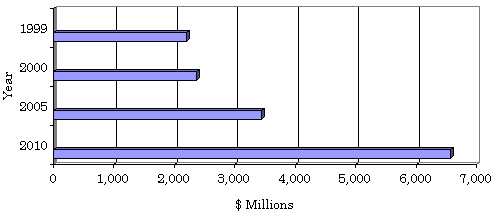
Guess what product this is - you all have one:

Who Franchises the World?

There is just one problem with all this growth:

 The Finite Earth
The Finite Earth